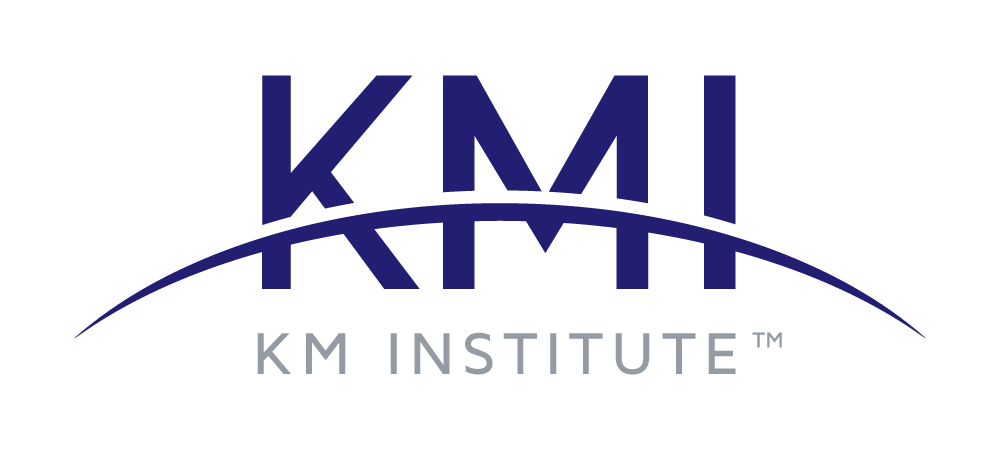KM TAXONOMY TRAINING COURSE
Taxonomy helps in providing structure to enable naming, defining and classifying knowledge assets of an organization, including improved findability. To build a mature content management system, a well-defined taxonomy is very important. It also helps in creating an organizational level vocabulary, which controls creation of new terms. Development of relevant taxonomy for Knowledge Management for all sectors will be done to establish common reference for Knowledge Management based terminology.
TERMINAL OBJECTIVE
To develop a Knowledge Management taxonomy for all sectors based on interviews, group based discussions, assessment of existing contents and reference to existing Knowledge Management terminology.
MODELS / TOOLS PROPOSED
The choice of the overarching primary structure – i.e. the taxonomy, and the way in which the terminologies are classified, depends on one’s organisation, what it works on, how it works, the end product, the groups involved, etc. Depending on the outcome of Phases 1 and 2, the following taxonomy facets may be structured according to summarised in Figure 2 below:
- Project type;
- Customer;
- Project activity; and
- A combination of the above.
Figure 2 – Taxonomy Facets

The structure that most fits MCMC’s key knowledge areas will be examined, then ensure the knowledge base, the knowledge owners and the communities of practice are aligned with the most applicable taxonomy facet(s).
FAQ & FURTHER INFORMATION
The 70:20:10 Model for Learning and Development has been found to be most effective within the training profession to describe the optimal sources of learning aimed at developing work based competencies. It holds that individuals obtain 70 percent of their knowledge from job-related experiences, 20 percent from interactions with others, and 10 percent from formal educational events.
Based on this model, we propose that the Fundamentals of Project Management course be structured along similar lines. It is proposed that it is undertaken in stages. These stages will include awareness stage, appreciation stage and application stage.



